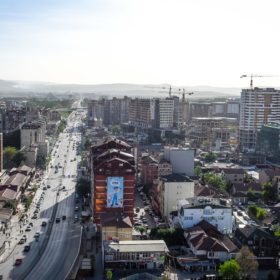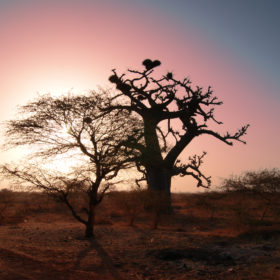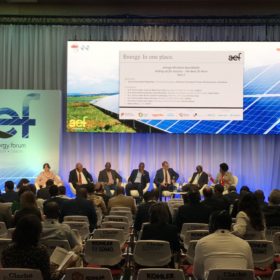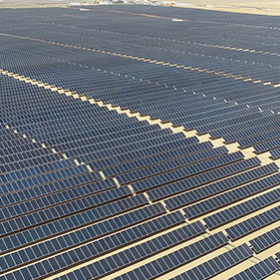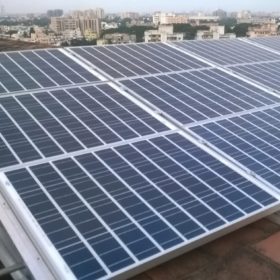Kosovo preps 50 MW solar tender
The Balkan nation is planning a tender for 50 MW of utility scale solar capacity on a public-private partnership basis with help from the International Finance Corporation. The World Bank’s private finance arm is procuring a technical, environmental and social consulting firm to advise on the project.
Afghanistan kicks off tender for another 40 MW solar project
The facility will be developed under the World Bank’s Scaling Solar initiative on a public-private partnership basis in Herat province.
Green bonds lead sustainable funding past $1tn mark
In the past 12 years, green bonds have raised nearly $800 billion for investment in clean energy and other sustainability projects and companies are now pegging bond interest payments to their environmental performance.
ACWA Power offers African record low $0.02526/kWh for Ethiopian projects
Ethiopia has concluded the tender process for the first round of its Scaling Solar program. The winning bid is the lowest in the continent to date, according to the finance ministry.
Engie secures financing for 60 MW of solar in Senegal
A €38 million loan will be provided by Proparco, the International Finance Corporation and the European Investment Bank. A PV plant in Tauba will sell power for €0.0380/kWh and a second facility in Kahone which will sell electricity for €0.0398.
Africa Energy Forum: $0.09/kWh the norm for African solar
The 21st Africa Energy Forum, this year in Lisbon, kicked off yesterday and will run until Friday. The meeting offers an insight into the continent’s energy markets.
Egypt plugs 780 MW of Benban solar projects into grid
A government ministry reportedly announced 16 operational solar plants with a total capacity of 780 MW have been connected, along with three more projects that are expected to bring another 150 MW of capacity online this month.
Ethiopia announces procurement for 500 MW of solar
Developers have until May 29 to register for the first stage of the process to procure four solar projects. With work under way on the second round of the IFC’s Scaling Solar program in the nation, 12 bidders have been identified to compete for the two projects previously offered under the initiative.
Development lender to help Egypt deploy 600 MW of solar in West Nile
World Bank Group member the IFC has signed an agreement to implement tendered projects with the Egyptian Electricity Transmission Company. The tender for the solar complex was launched at the end of 2017.
World Bank to support efficient, clean cooling in developing countries
By 2050, energy use for cooling is projected to triple, according to the World Bank. And by 2050, demand for cooling in countries such as India, China, Brazil and Indonesia will grow fivefold, putting pressure on already strained energy systems and hampering efforts to curb climate change.
